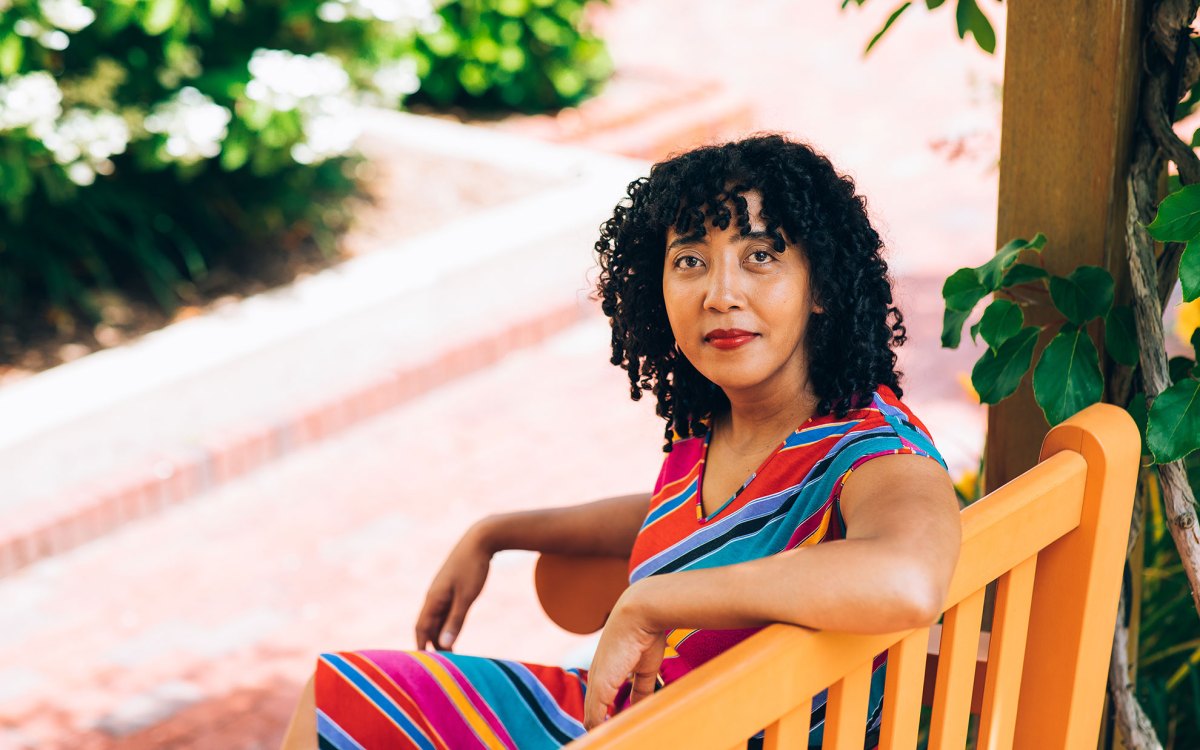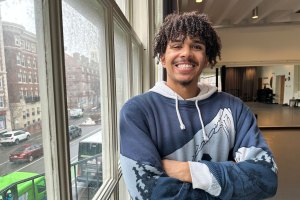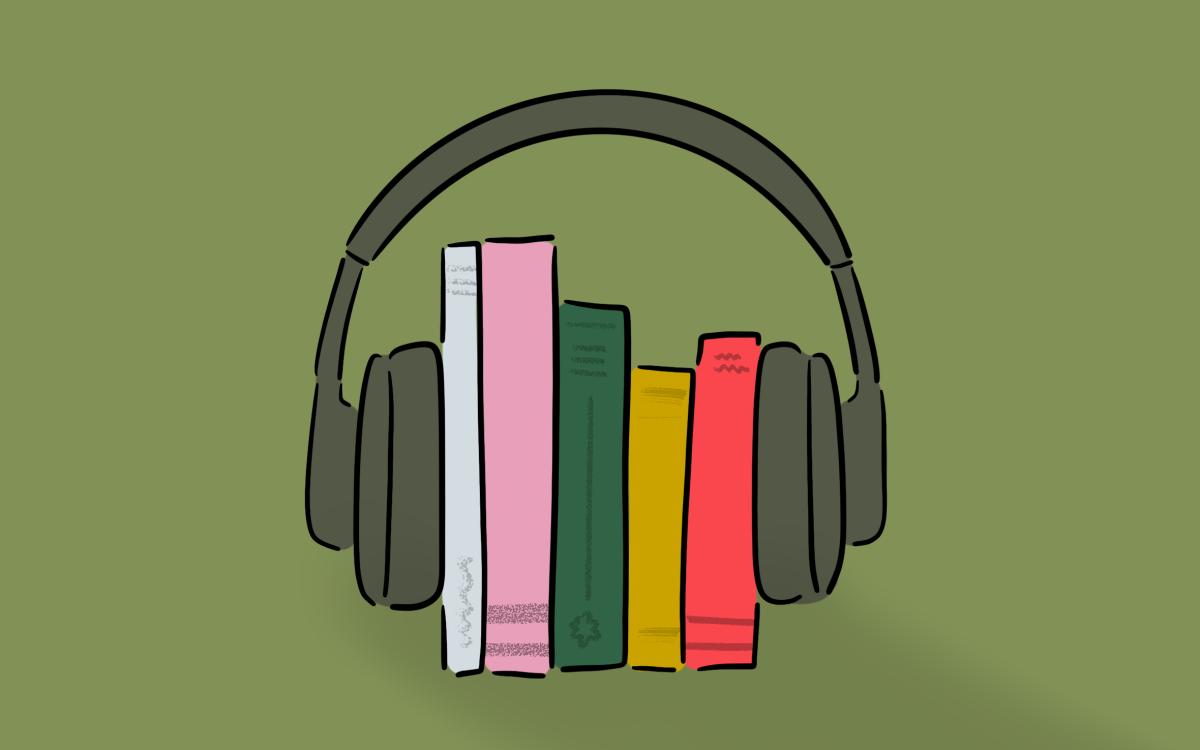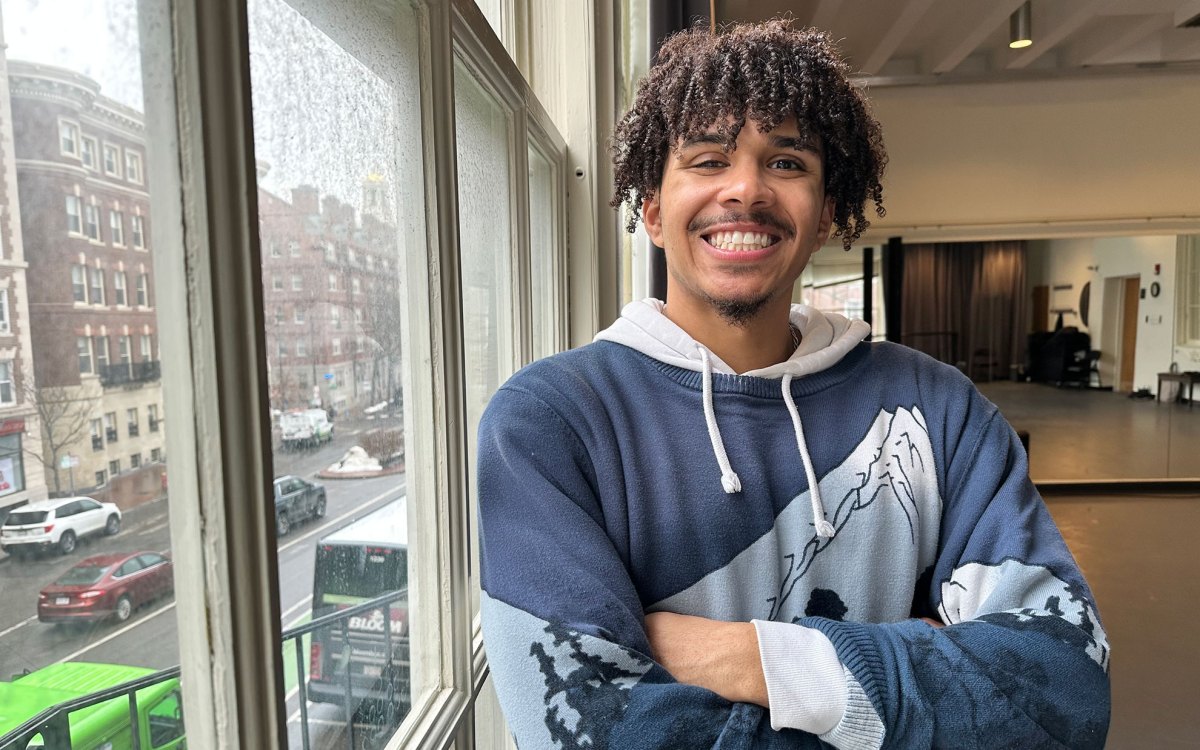‘Everybody feels like two people’
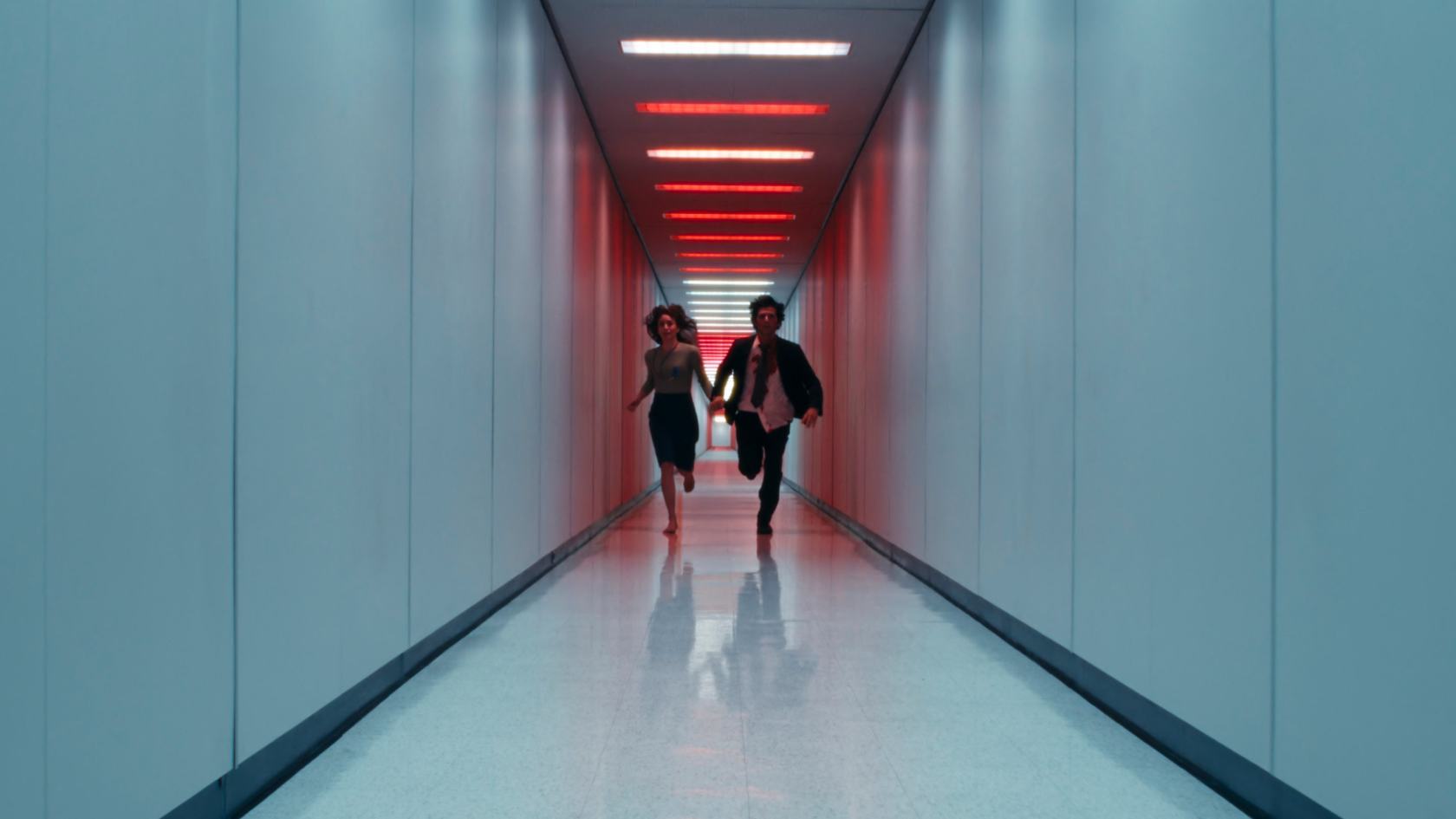
Apple TV+ Press
Alum who co-produces ‘Severance’ says show speaks to real-life mysteries
The Apple TV+ show “Severance” wrapped up its second season last month, leaving fans with a lingering sense of unease about what just happened and what comes next.
“Severance” follows a group of office workers who have chosen to undergo a procedure that separates their consciousnesses into an “innie” who only exists at the office and an “outie” who exists everywhere else, each with no memory of the other’s experiences. It’s about work-life balance, but it’s also about free will, identity, and the feeling of being at war with oneself.
Among the show’s producers is Nicky Weinstock, who graduated from Harvard College in 1991. In this edited conversation with the Gazette, he talks about “Severance” as a “willfully strange” provocation and a TV sensation, and recalls his transition from Cambridge to Hollywood.
What do you most remember about your time on campus?
At Harvard, I found a lot of friends and professors and inspirations from all over the planet. It was very energizing as a place.
Ironically, I spent a lot of time leaving it, because I was an anthropology major and did anthropology work in Kenya and went to the University of Nairobi for a while, and spent as much time as I could traveling. All of it was very much of a piece, I think, in terms of being free-range and talking about writing and creativity with all kinds of people in all kinds of places.
To be honest, when I got to Hollywood and started producing, I was shocked that Hollywood did not seem to have much interest in other places. I sucked it up and was able to do a lot of fun, Hollywood-based projects, but I always wanted to have a global sensibility. Finally, about three years ago, I was able to start my own company and draw stories from all over the world.
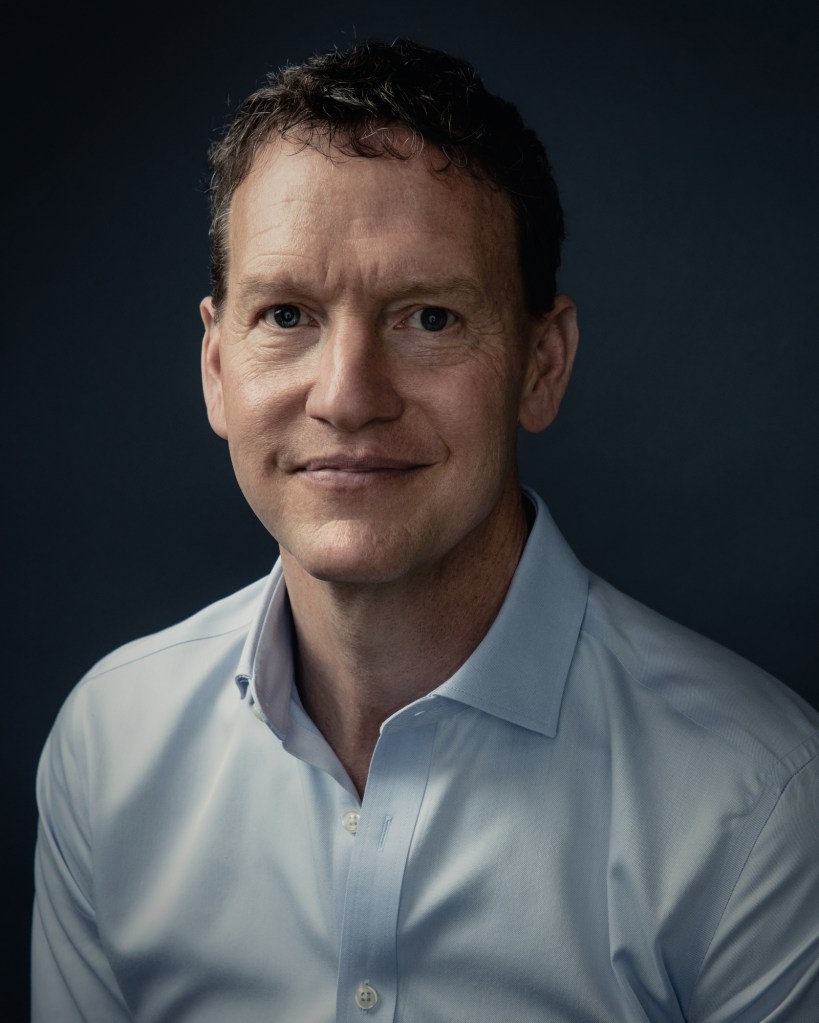
Nicky Weinstock.
Photo courtesy of Nicky Weinstock
How did you get involved with “Severance” and what did you first think of the concept?
“Severance” found me in a very lucky way. It was a script by Dan Erickson. Dan had never produced a television series before, and in fact he didn’t have an agent. The script started to be passed around and noticed and was generating excitement. I was running a company called Red Hour with Ben Stiller. I had never seen a concept like that. It’s what everyone hopes for in movies and television: something that A) hasn’t been done before and B) is perfectly rendered. This had both, all credit to Dan.
We began to develop it together and refine the pilot script. We managed to sell it to Apple and proceeded to package it with actors and with Ben directing it, and to make a reality of it in a way that doesn’t usually happen in Hollywood. Most of the time you start with a known writer; you start with massive actors. In this case it was literally the coolness of the idea that attracted everybody: John Turturro, Christopher Walken, Patricia Arquette. They all responded to the sheer originality and resonance of the idea.
Are you surprised that the show has taken on a life of its own?
Yes and no. It surprised me because it was always willfully strange. It was always committed to the specificity of that world. That can often lead to a very fringe-y phenomenon that doesn’t catch on with a wide audience.
But then again, I was not that surprised, because what I responded to when I first read it is what people respond to, which is that everybody feels like two people in their lives, at least. Everybody has a certain persona at their job and a different persona at home, and everyone is trying to reconcile different aspects of their lives into some coherent whole, and we spend all our lives doing it.
“Everybody has a certain persona at their job and a different persona at home, and everyone is trying to reconcile different aspects of their lives into some coherent whole, and we spend all our lives doing it.”
The trajectory of the show seems to mirror our experience during and after COVID. Season 1 came out in 2022, and it felt like a very closed world, and then Season 2 expands that world to ask bigger questions about what it means to be a person.
I very much agree. Season 1 was very much a result of how we were living at the time, and that claustrophobia and confusion and isolation was very much part of our culture. I think that’s why a lot of people responded to it the way they did. And the world has only gotten stranger since then. The unpredictability and the shakiness and the bottomlessness that we’re all going through right now is why people responded to the show, too.
For everyone, across the political spectrum, no matter where you live, there is a sense of “Where is the world going right now?” and “What do the people in power know and what is their intention?” That was not true when I was growing up. “Severance” has become a little bit of a vessel to demonstrate that mysteries abound and we don’t know who to trust.
The second season ended on a bit of cliff-hanger that I won’t spoil, but was essentially about an “innie” character making a dramatic choice that heightened the stakes and set up a lot of new questions for the third season. Is there anything you can say about where the show will go?
I can’t say much, but I can say that the concept of severance is so expansive. We wanted to do a first season that was claustrophobic. We wanted to do a second season that was out in the world. The idea of bifurcating your life and having different selves can go in so many directions. All I can say is Season 3 will not look anything like Season 2 or Season 1. It’s an expansive idea.
